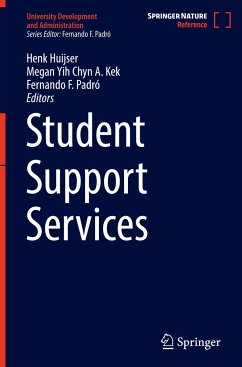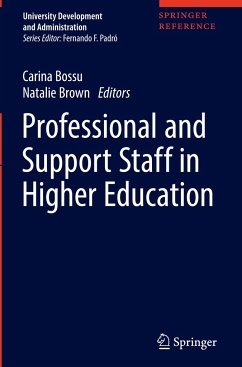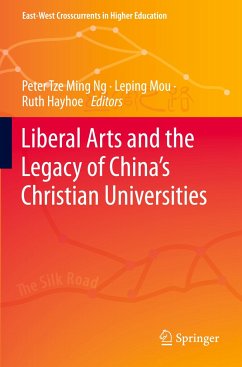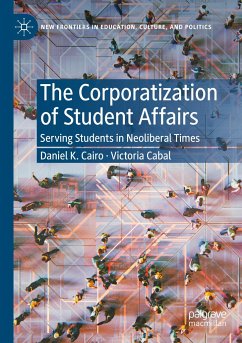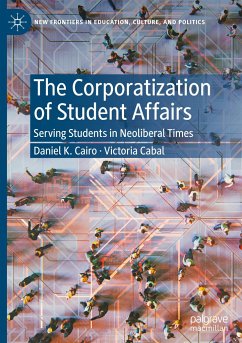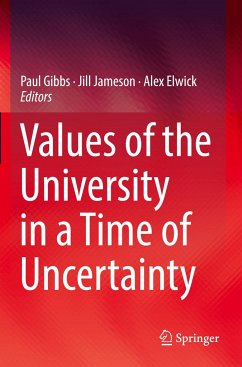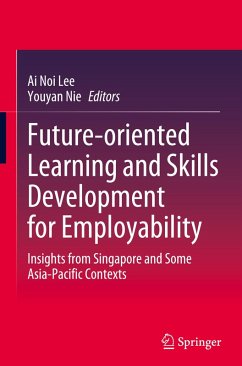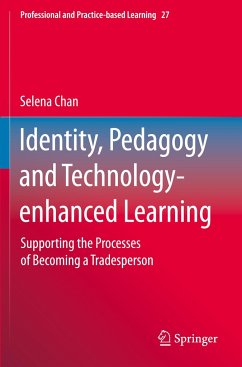
Technology-Enhanced Learning and the Virtual University
Versandkostenfrei!
Versandfertig in 1-2 Wochen
214,99 €
inkl. MwSt.

PAYBACK Punkte
107 °P sammeln!
Since the first works on Higher Education Administration in the 1970s no comprehensive work in terms of purpose and scope of Higher Education has been published. There have been important changes in people's aspirations vis-à-vis higher education globally. In parallel, the higher education systems, worldwide, have been undergoing constant transformation in response to these aspirations. From governments, employers and prospective students and their parents, the stakeholders in higher education system are now extremely varied paying close attention to the various aspects of higher education - ...
Since the first works on Higher Education Administration in the 1970s no comprehensive work in terms of purpose and scope of Higher Education has been published. There have been important changes in people's aspirations vis-à-vis higher education globally. In parallel, the higher education systems, worldwide, have been undergoing constant transformation in response to these aspirations. From governments, employers and prospective students and their parents, the stakeholders in higher education system are now extremely varied paying close attention to the various aspects of higher education - from infrastructure, on-campus safety and security to administration, faculty and curricula. The present series attempts to take into account the issues of importance to all the stakeholders. Hence the series not only pays attention to the purpose and outcomes of higher education but also the economics surrounding higher education vis a vis marketization. The nitty gritty of running and maintaining a university infrastructure, impact of globalization and internationalization on delivery and demand of higher education, the commoditization of research, and changing paradigms of teaching and learning fall within the purview of the series. The increasing competition from other entities to provide degrees, certificates or other forms of credentials makes it important to have a work that brings all of the elements together to see how they actually interact and inter-relate from a systems perspective. The present series attempts to comprehensively attend to these issues and provide a complete reference resource to all those involved and interested in setting up of a Higher Education institution and its administration.



